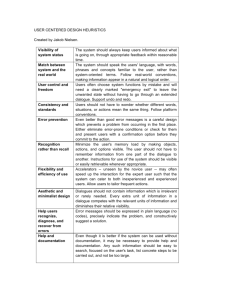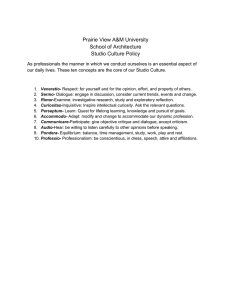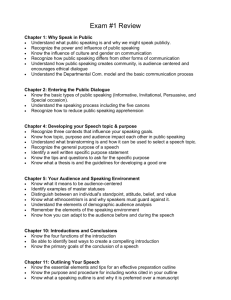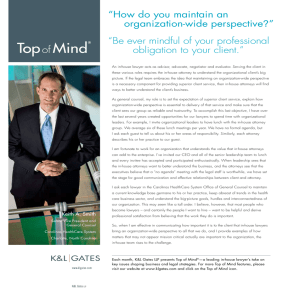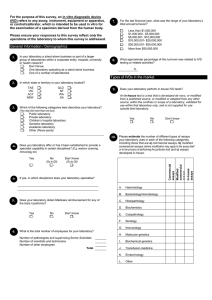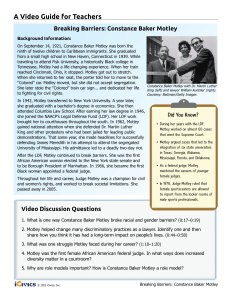“ How do you build and maintain a culture of compliance?”
advertisement
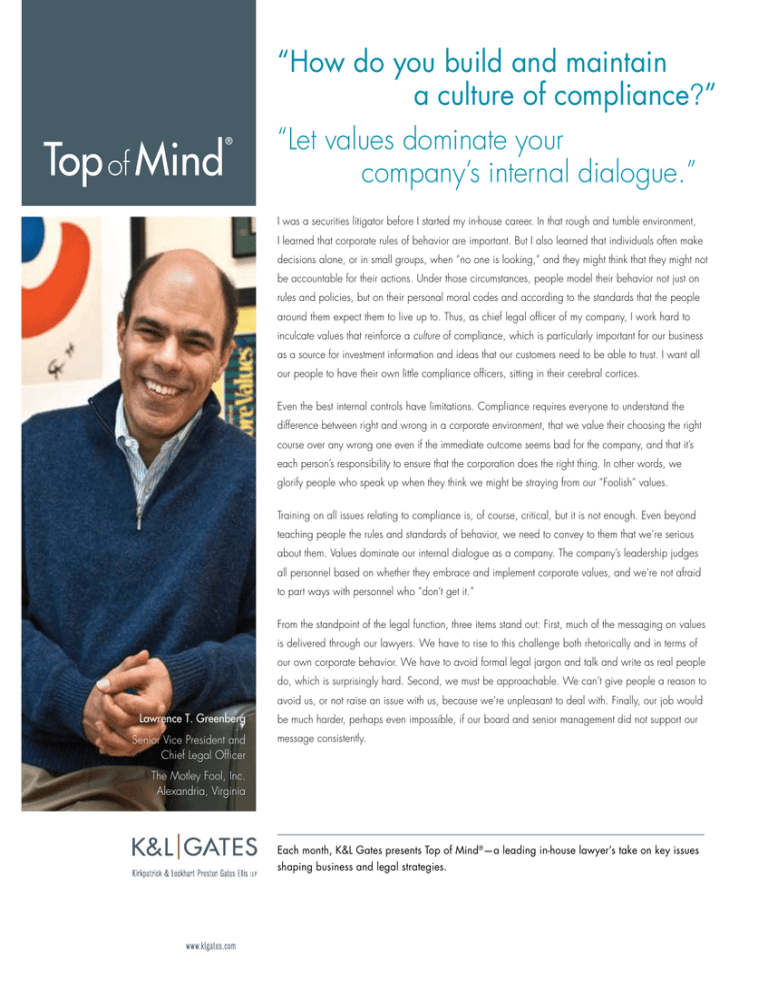
“How do you build and maintain a culture of compliance?” “Let values dominate your company’s internal dialogue.” I was a securities litigator before I started my in-house career. In that rough and tumble environment, I learned that corporate rules of behavior are important. But I also learned that individuals often make decisions alone, or in small groups, when “no one is looking,” and they might think that they might not be accountable for their actions. Under those circumstances, people model their behavior not just on rules and policies, but on their personal moral codes and according to the standards that the people around them expect them to live up to. Thus, as chief legal officer of my company, I work hard to inculcate values that reinforce a culture of compliance, which is particularly important for our business as a source for investment information and ideas that our customers need to be able to trust. I want all our people to have their own little compliance officers, sitting in their cerebral cortices. Even the best internal controls have limitations. Compliance requires everyone to understand the difference between right and wrong in a corporate environment, that we value their choosing the right course over any wrong one even if the immediate outcome seems bad for the company, and that it’s each person’s responsibility to ensure that the corporation does the right thing. In other words, we glorify people who speak up when they think we might be straying from our “Foolish” values. Training on all issues relating to compliance is, of course, critical, but it is not enough. Even beyond teaching people the rules and standards of behavior, we need to convey to them that we’re serious about them. Values dominate our internal dialogue as a company. The company’s leadership judges all personnel based on whether they embrace and implement corporate values, and we’re not afraid to part ways with personnel who “don’t get it.” From the standpoint of the legal function, three items stand out: First, much of the messaging on values is delivered through our lawyers. We have to rise to this challenge both rhetorically and in terms of our own corporate behavior. We have to avoid formal legal jargon and talk and write as real people do, which is surprisingly hard. Second, we must be approachable. We can’t give people a reason to avoid us, or not raise an issue with us, because we’re unpleasant to deal with. Finally, our job would Lawrence T. Greenberg Senior Vice President and Chief Legal Officer be much harder, perhaps even impossible, if our board and senior management did not support our message consistently. The Motley Fool, Inc. Alexandria, Virginia Each month, K&L Gates presents Top of Mind®—a leading in-house lawyer’s take on key issues shaping business and legal strategies.


